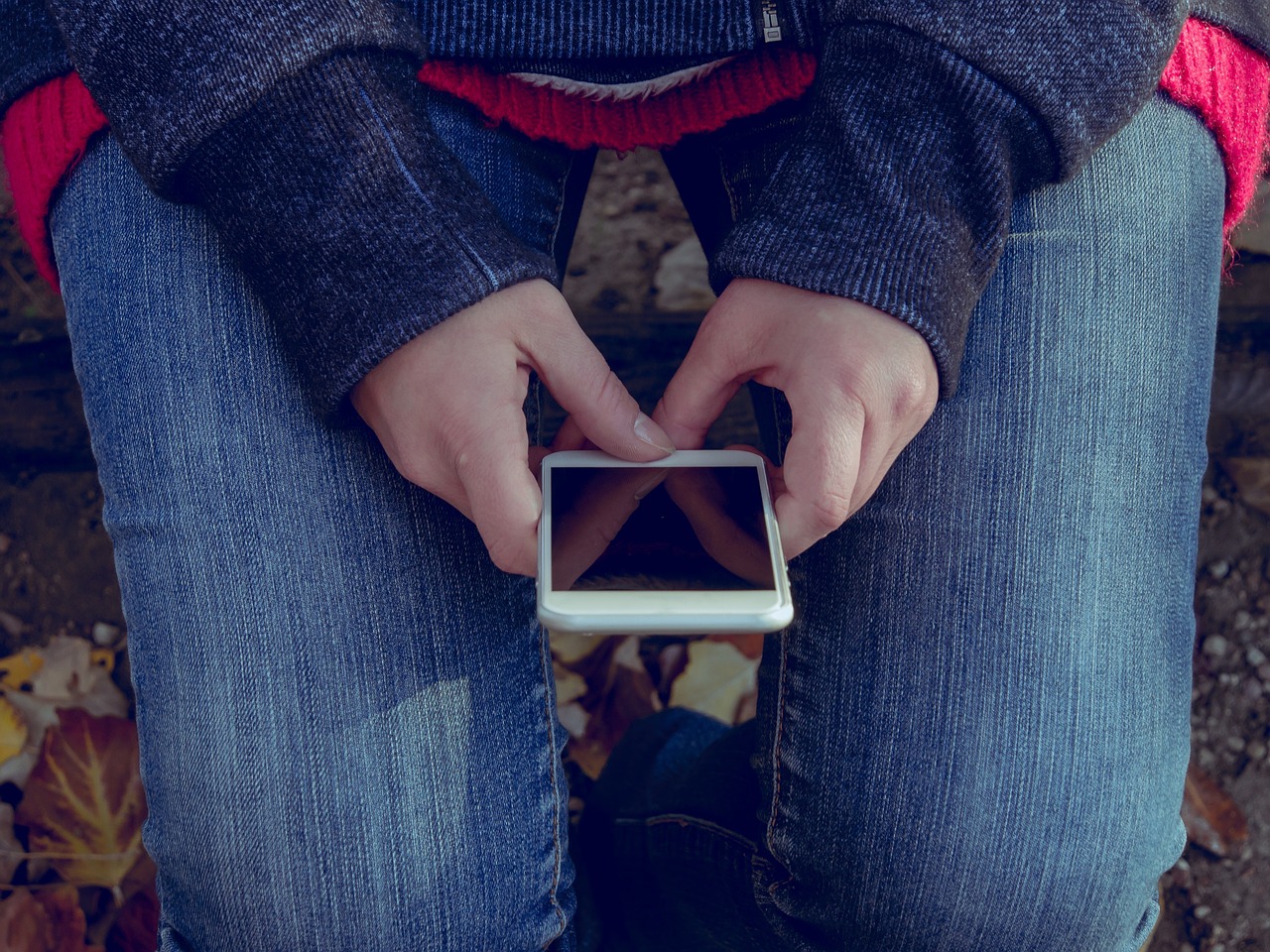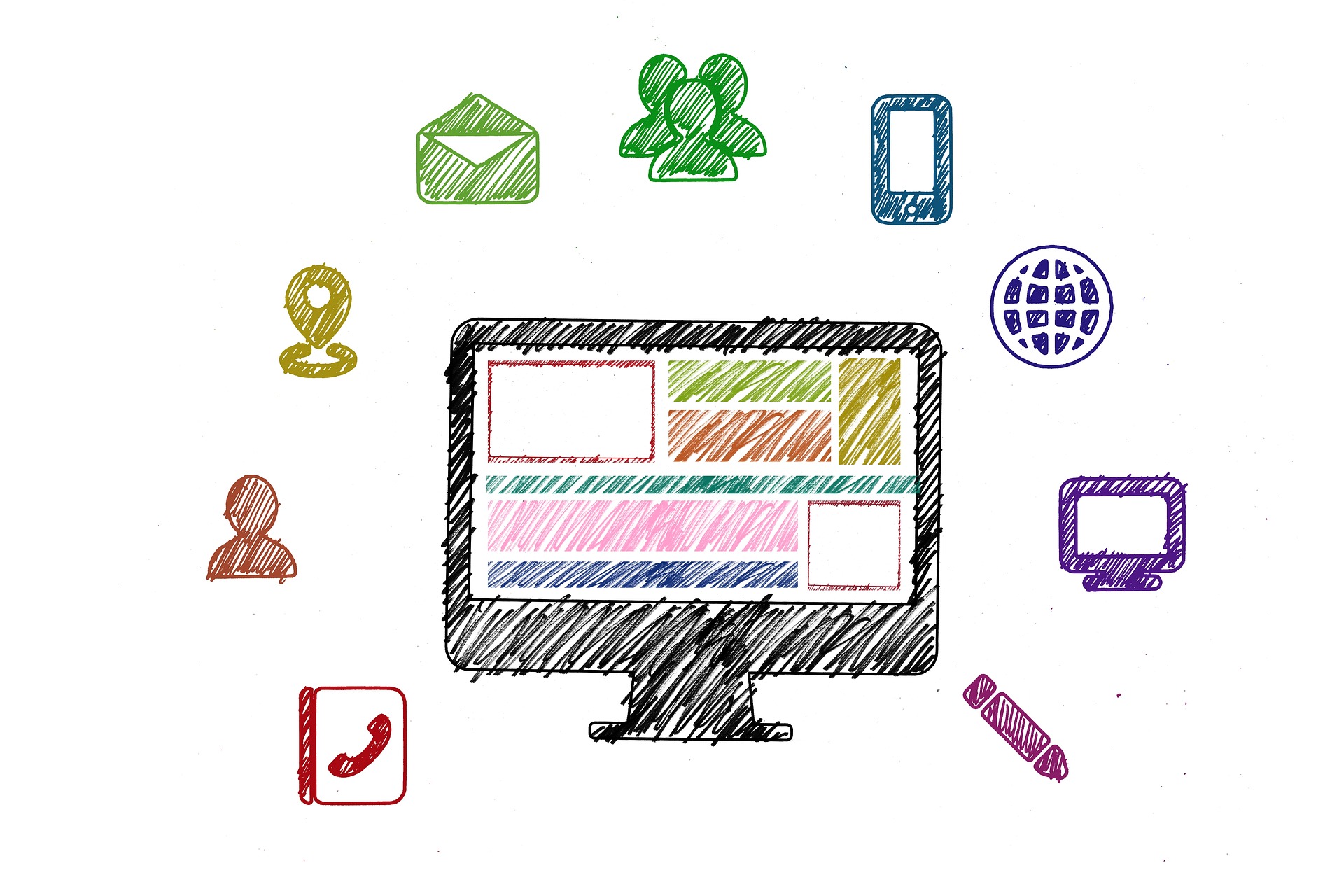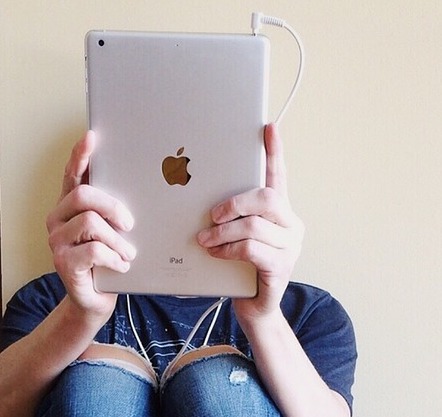Free Mobile Apps from the Substance Abuse and Mental Health Services Administration [web resource]
The Substance Abuse and Mental Health Services Administration‘s (SAMHSA) free mobile apps offer easy access to treatment and prevention tools for opioid use disorder, suicide, bullying, disaster response, and underage drinking. Read more ›

 More college students are seeking mental health counseling, stressing institutions’ already-strapped services.
More college students are seeking mental health counseling, stressing institutions’ already-strapped services.
 The amount of time children and teens spend using their devices has become an issue of growing concern, but experts say
The amount of time children and teens spend using their devices has become an issue of growing concern, but experts say 
 If you’re raising kids today, it can be easy to focus on the negative. And it’s no wonder. Due to the 24-hour news cycle, social media and cellphone notifications — and even sources you wouldn’t expect, such as Instagram and YouTube — kids are immersed in doom and gloom.
If you’re raising kids today, it can be easy to focus on the negative. And it’s no wonder. Due to the 24-hour news cycle, social media and cellphone notifications — and even sources you wouldn’t expect, such as Instagram and YouTube — kids are immersed in doom and gloom.
 Researchers found that almost one third of students with disabilities (30%) have experienced cyberbullying within the past year, as a victim, perpetrator, or both, compared to 20% of students without disabilities.
Researchers found that almost one third of students with disabilities (30%) have experienced cyberbullying within the past year, as a victim, perpetrator, or both, compared to 20% of students without disabilities. 
 Researchers are releasing data from NIH’s 10-year
Researchers are releasing data from NIH’s 10-year 
 More teens and young adults — particularly girls and young women — are reporting being depressed and anxious, compared with comparable numbers from the mid-2000s. Suicides are up too in that time period, most noticeably among girls ages 10 to 14.
More teens and young adults — particularly girls and young women — are reporting being depressed and anxious, compared with comparable numbers from the mid-2000s. Suicides are up too in that time period, most noticeably among girls ages 10 to 14.
 Some experts think that the rise in mental health problems in youth can be tied to an event in 2007: The introduction of the iPhone. Psychologist and author
Some experts think that the rise in mental health problems in youth can be tied to an event in 2007: The introduction of the iPhone. Psychologist and author 
 Anxiety Canada
Anxiety Canada
 For one week in the spring,
For one week in the spring, 

